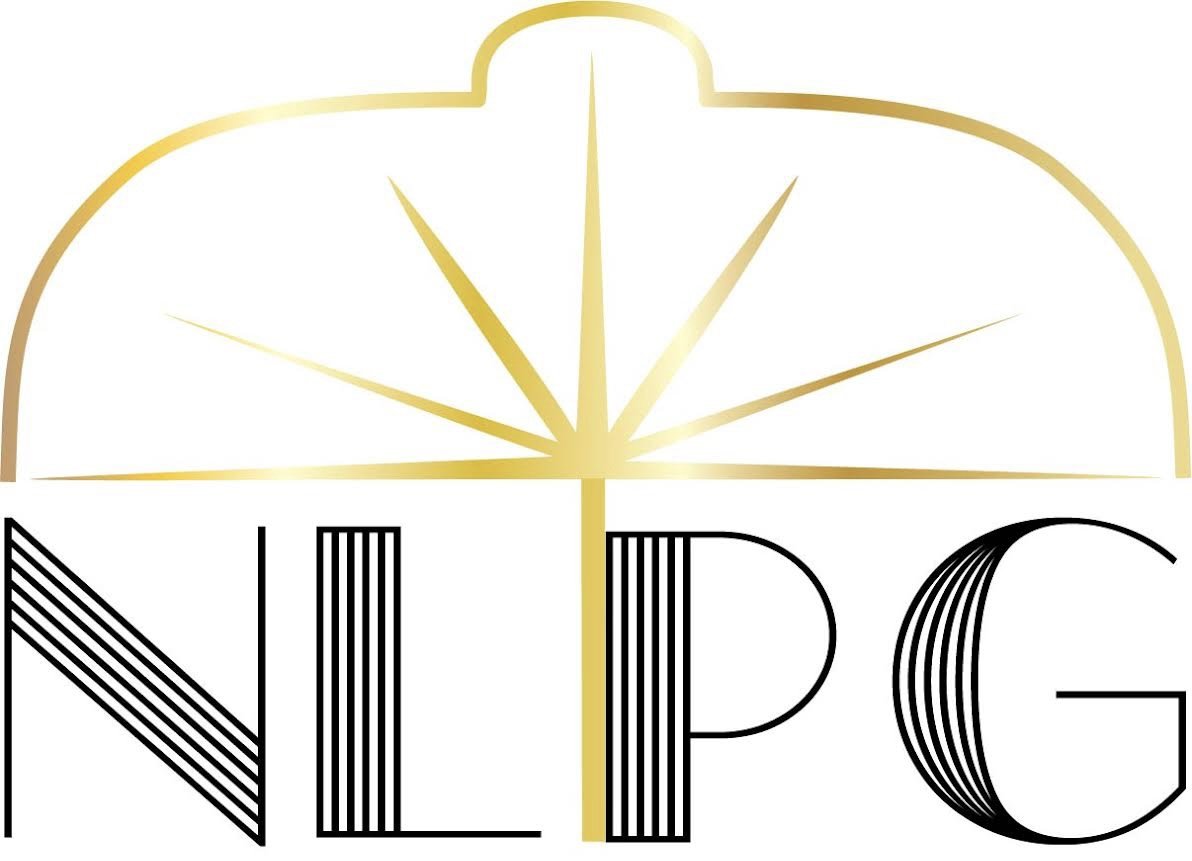For the Love of Literature
Land as Liberator
BY KHADIJA POUNSEL
Prior to preparing for this article, if someone had asked me about liberators, I probably would have begun with a roll of prominent and obscure figures, then extended the discussion to important legal rulings or movements. But when I considered the question in light of the agricultural aspect of the theme of this issue of KIZA Black Lit, what rose in my mind’s eye first was nothing of the sort. Instead, it was a memory of young me on the grassy hill beside my childhood home. Even into my teen years, especially on a hot day, when my feet lighted on that hill’s grass, especially on the patches of clover, so cool and soft, it automatically made me feel lighter and happier. Walking barefoot on grass still does it for me.
Then I remembered the tomatoes. From the store, I could take or leave them but in summer my parents would often grow a few tomato plants on the front stoop. We would pick them sun-warm, red and ripe. Simple and spectacular. Sandwiches made from bread, mayonnaise, salt, black pepper and slices of home-grown tomatoes were our go-to lunch or snack throughout the summer. Remembering made me see land as liberator. So, I began my roll. The first honorable mention: for its grounding effects, green clover. Next honorable mention: for its lesson on pleasure and autonomy, tomato.
For this article, my research had already led me to: We Are Each Other’s Harvest: Celebrating African American Farmers, Land, and Legacy. Written by Natalie Baszile, author of Queen Sugar (a book I enjoyed and a television series I adored), the extensive collection of writings by various authors channels Baszile’s interest in the stories of Black farmers, stewardship and access.
Black people’s labor and knowledge of agriculture built this country. Farming is part of our national identity; it is central to America’s origin story. We Are Each Other’s Harvest is my attempt to elevate Black and brown farmers’ voices and stories; to celebrate their resilience, ingenuity and creativity; and to honor people like George Washington Carver, Fannie Lou Hamer, Booker T. Whatley, who started the community-supported agriculture (CSA) movement, and Booker T. Washington, who understood farming and agriculture as a path to liberation.
When I turned to the Table of Contents, there were names I recognized from the culinary world (Michael Twitty) and television (Kamal Bell) but I turned to the poets - folks I had studied years ago, like Lucille Clifton, Yusef Komunyakaa and Elizabeth Alexander. I read their contributions straightway.
From the Forward and Introduction alone, words like self-determination, land ownership, ritual, resistance and foodways had reassured me that this was a book I would enjoy. At nearly 400-pages, I knew it would take time for me to read it cover-to-cover so I designated it as one of my summer reads. I will keep you posted.
Loving literature,
Khadija Pounsel

